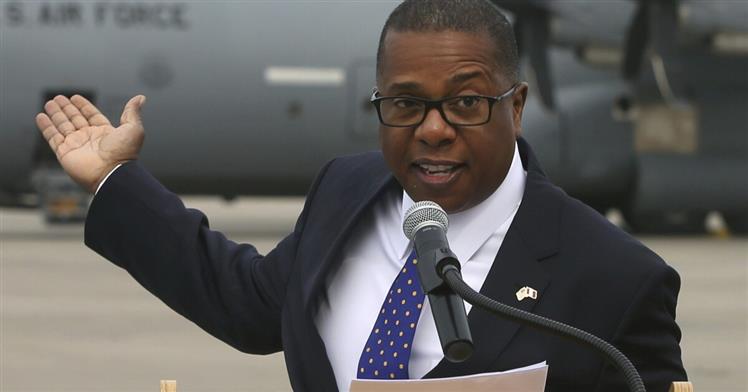In his Twitter account, the US official pointed out that his trip occurred at a crucial moment with the worsening of the humanitarian and security situation, an outbreak of cholera and the blockade of ports by gangs.
The delegation also includes Lt. Gen. Andrew Croft, deputy military commander of the US Southern Command, officials from the White House and other government departments.
Nichols is expected to meet this Wednesday with the economist Fritz Jean, elected by civil society groups as president of an eventual transition government, as well as the signatories of the Montana Agreement.
He will also hold a meeting with Prime Minister Ariel Henry and leaders from the business sector.
“The delegation will urge political actors to overcome their differences and to map out a Haitian vision to improve security and return to democratic order,” the US official said.
However, the Montana representatives maintained that they maintain their position of “not living with a government that demands a military intervention in Haiti,” said James Beltis, one of the coordinators of the consensus.
Last week the Government of Haiti authorized the immediate deployment of foreign troops to fight the gangs that have been blocking the distribution of fuel for a month, while many hospitals closed and the water treatment plants stopped production.
The decision generated much criticism from various sectors that point to the consequences of the arrival of international forces five years after the withdrawal of the UN blue helmets.
ef/jcm/ane









